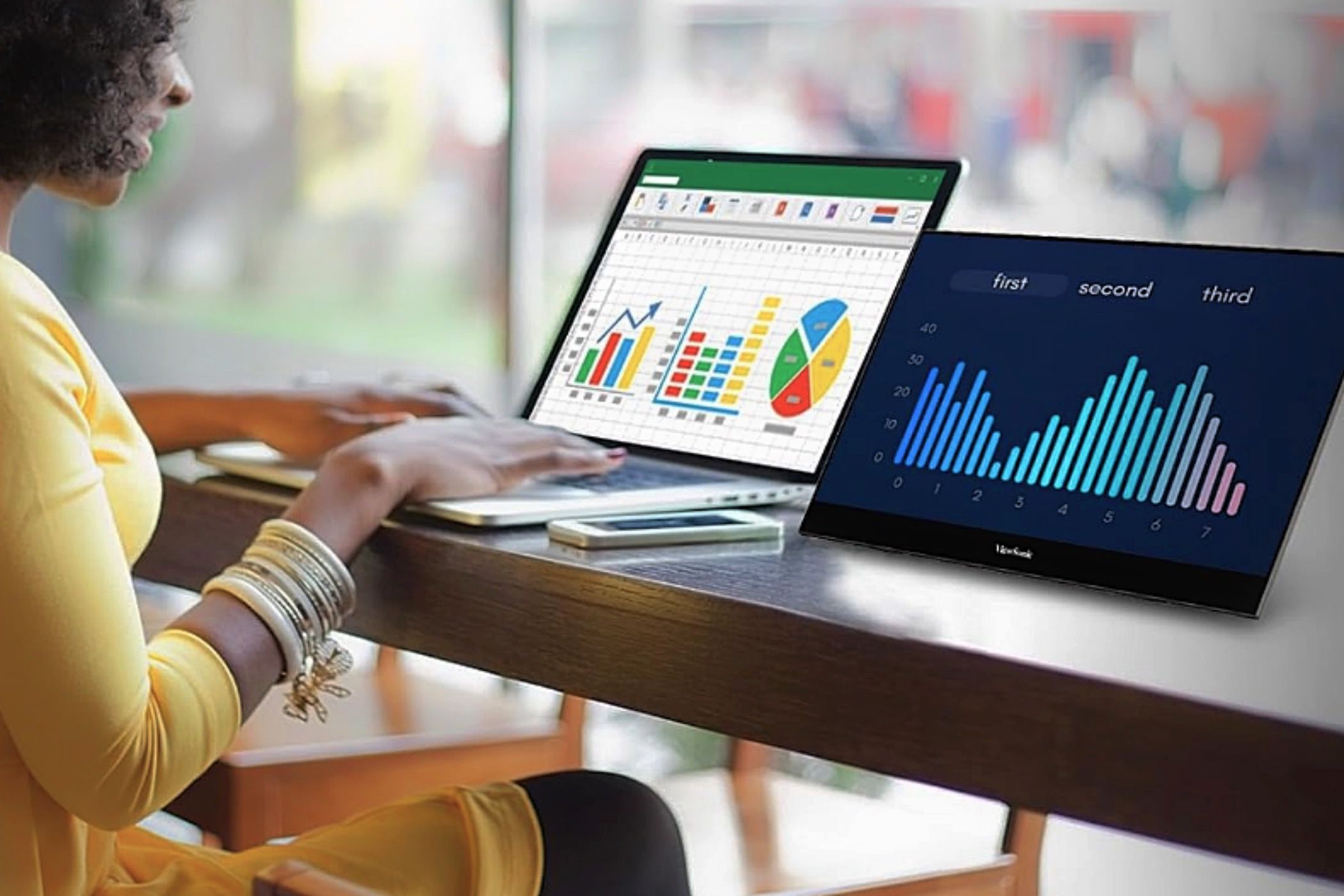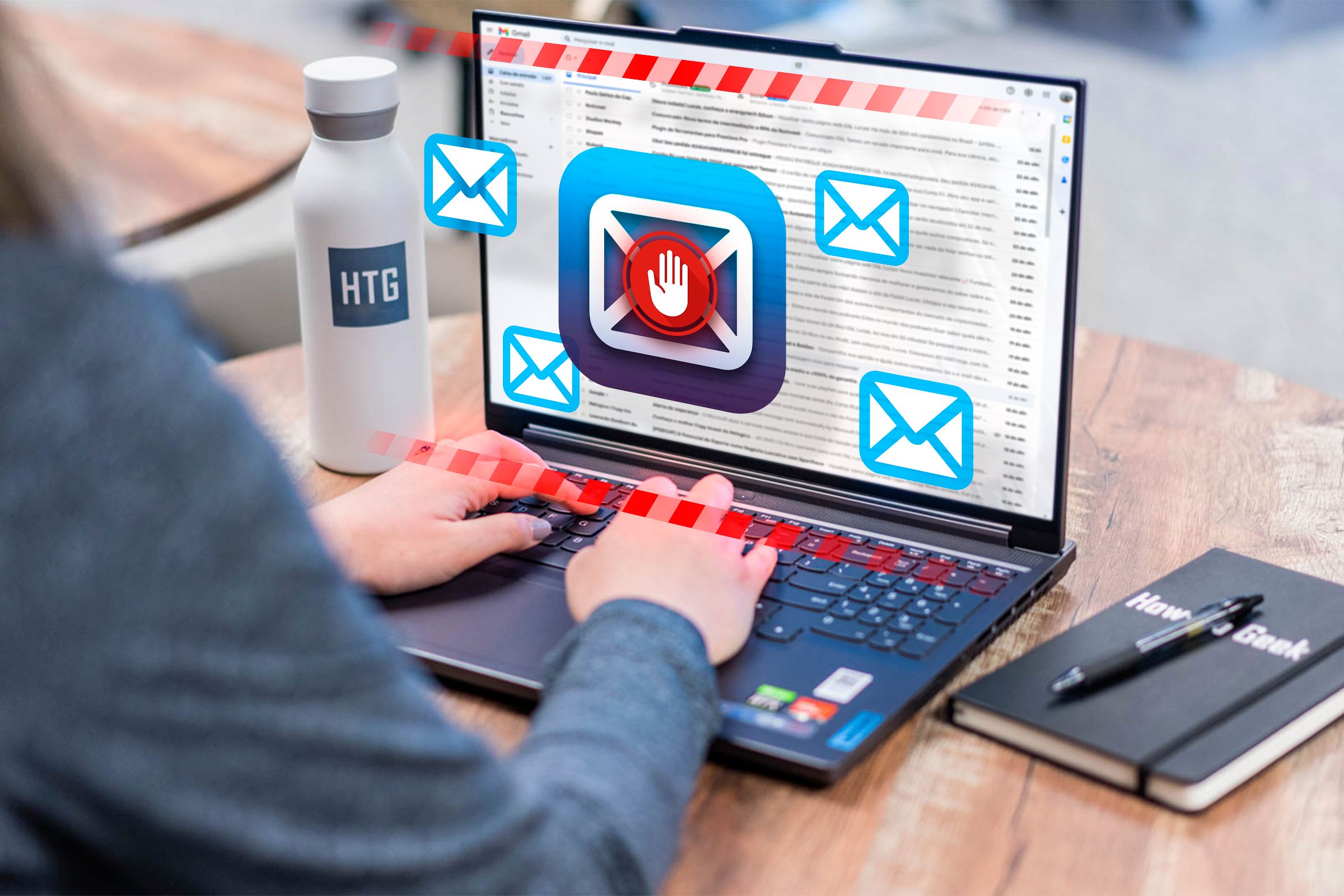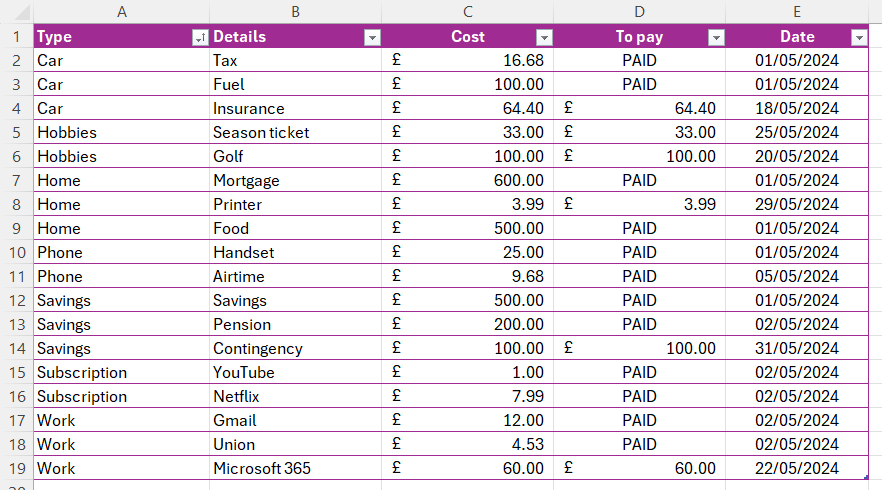Your work laptop should be for professional use, not personal storage. Keeping your sensitive data and unauthorized applications on it can jeopardize security, compromise your privacy, and even put your job at risk. Here are a few things you should never keep on your work laptop.
Private Photos and Videos
Personal photos and videos are highly private, so you must never store them on your work laptop. Your coworkers could peek at your personal moments if you leave your device unattended, IT administrators may have access to monitor your files, or you could accidentally reveal them while collaborating on a team project.
Instead, you should store (and hide) your photos on your phone or an external drive. If that’s not feasible and you need a secure alternative, consider using a personal cloud storage service like OneDrive. To protect your privacy, you must always encrypt your files so that even if someone gains access, they won’t be able to view them.
Illegal or Pirated Content
Having pirated software, movies, music, or other copyrighted content on your work laptop can lead to serious consequences for you and your company. If caught, you could face disciplinary action or even termination for breaching company policies. Although it’s rare, your company could also face legal issues.
Pirated content also carries a higher risk of malware, which could unknowingly infect your computer. This can compromise sensitive company data and create problems for IT administrators. To avoid these risks, you should be mindful of what you download, especially if your laptop is issued by your company.
Freelance Work or Personal Projects
If you’re found to have non-work-related data, such as personal projects or freelance work, and your IT admin gains access to them, they may assume you’re working on these projects during company hours. Storing contracts, confidential client information, or financial agreements could also lead to a conflict of interest, potentially putting your job in jeopardy.
Additionally, blending personal and work data can create management issues and increase the risk of unintentionally exposing confidential documents to the wrong party—your employer or a client. To avoid these risks, you should set up a separate user profile or virtual environment on your laptop or use a different device for personal and work tasks.
Confidential Medical Records
Your medical records, including past illnesses, prescriptions, and test results, are highly sensitive and should remain private. If a colleague, IT admin, or anyone at your workplace gains access, it could cause issues—they might discriminate against you, affect insurance premiums, or even misuse the information.
If your condition could impact work efficiency, such as mental health concerns, but you still meet expectations, your employer knowing about it could put your job at risk during future downsizing. To prevent these potential issues, you must always store your medical records on a secure, personal device.
Unauthorized Applications and Software
Installing unauthorized applications or software, even if legally obtained, can create problems. If your company doesn’t allow them, doing so would violate company policies and could put your job at risk. The software might also lack security, which might put confidential company data at risk. It could also make your system unstable.
For these reasons, you should always use software and applications approved by your IT department. If you need a specific tool for your work, request permission before installing it on your system. If you want to test an application, try it on your personal computer first before requesting approval for installation.
Personal Emails and Messages
Like personal or freelance projects, storing personal emails or communications on your work laptop can expose you to privacy risks. Not only could this violate company policies and jeopardize your credibility, but receiving personal or non-work-related updates on your work laptop can also be distracting and negatively affect your productivity.
To avoid these issues, you must use your work laptop strictly for work-related communications. If you need to occasionally check personal messages during work hours, use private browsing mode and don’t save your login credentials. Also, always remember to log out of your personal accounts after use.
Unlicensed Fonts or Assets
Simply storing unlicensed fonts, images, or other digital assets on your work laptop may not seem like a big deal. However, using these assets in official company work, such as advertisements or marketing campaigns, could expose your company to copyright infringement claims and fines and damage its reputation.
To prevent this, ensure any fonts, images, or assets you download are properly licensed to avoid accidentally using unlicensed ones. If you need a licensed photo for a project, you should check if your company has a licensed library or subscribes to services like Adobe Fonts, Shutterstock, or Google Fonts. Otherwise, take advantage of AI (depending on your company’s policy) or free resources.
Personal Financial Details
Some companies use automatic cloud backup services to store work-related files. If your financial records, such as bank statements, credit card details, tax documents, and investment plans, are saved on your work laptop, they could be uploaded to a corporate server, potentially exposing your financial information to others.
If your work laptop is compromised due to a company-wide data breach or hack, your financial details could end up in the wrong hands, leading to potential financial loss. For this reason, you should avoid storing your financial information on your work laptop and always use private browsing modes when visiting financial websites.
Political or Religious Documents
Regardless of your political or religious beliefs, you should keep them private. Never store them on your work laptop, even if your company takes a neutral stance on the subject. If you disclose them, others might make assumptions about your beliefs, potentially shaping their behavior or attitude toward you.
If storing such data on your device goes against company policies, and your boss or IT admin discovers it, it may suggest that you’re using your device for personal matters outside of work, which could damage your credibility. For this reason, avoid downloading or transferring any data that could reveal your beliefs to colleagues, IT admins, or your boss.
By now, you should be aware of the risks associated with saving the types of data mentioned above on your work laptop. If you don’t keep a backup of critical data such as medical records and financial details, and your company accidentally wipes your data, or your computer needs to be reset to resolve issues, you could lose access to it. So, keep it off of it!







